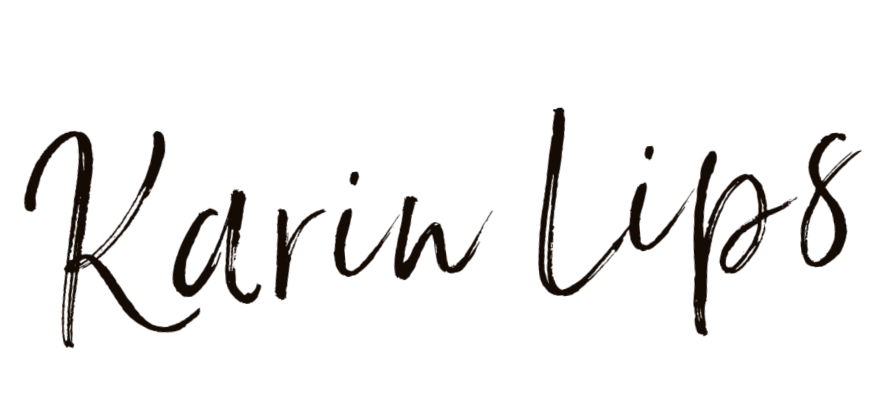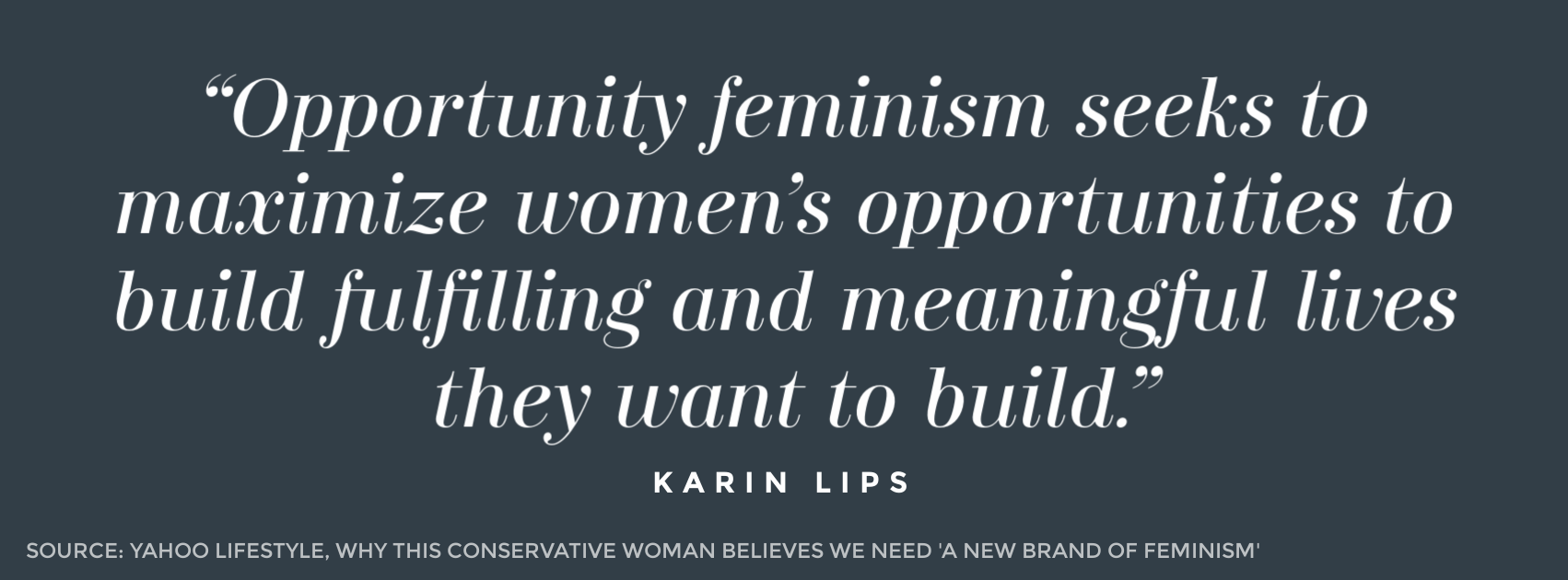Dean Warns Freshmen That University Of Chicago Values Academic Freedom
This article originally appeared in Forbes.
After being accepted by a college, students receive all types of preparation—from handbooks to orientation weekends. Students at the University of Chicago might have received the most helpful material of all. John Ellison, Dean of Students in The College, sent incoming freshmen a letter posted on Intellectual Takeout, informing them that the University takes academic freedom seriously. He wrote:
Members of our community are encouraged to speak, write, listen, challenge and learn, without fear of censorship. Civility and mutual respect are vital to all of us, and freedom of expression does not mean the freedom to harass or threaten others. You will find that we expect members of our community to be engaged in rigorous debate, discussion, and even disagreement. At times this may challenge you and even cause discomfort.
Before students step foot on campus, they are being warned that this university actually values academic freedom, even if it may cause “discomfort” in students. This is a very different attitude than what we are seeing on many campuses. Last September, Greg Lukianoff and Jonathan Haidt wrote a piece for The Atlantic, The Coddling of the American Mind, about the trend on campus “to scrub campuses clean of words, ideas, and subjects that might cause discomfort or give offense.”
This phenomenon is real and rears its ugly head in students demanding trigger warnings be issued before they have to read or hear something that might possibly offend them. We also see it in student protests demanding that speaker invitations be rescinded. In his letter to the Class of 2020, Ellison stated his position in no uncertain terms on these speech-limiting tactics. He wrote:
Our commitment to academic freedom means that we do not support so-called ‘trigger warnings,’ we do not cancel invited speakers because their topics might prove controversial, and we do not condone the creation of intellectual ‘safe spaces’ where individuals can retreat from ideas and perspectives at odds with their own.
This isn’t the first time the University of Chicago has publicly reaffirmed its support for academic freedom. Last year, The Committee on Freedom of Expression at the University of Chicago issued a report on the University’s “overarching commitment to free, robust, and uninhibited debate and deliberation among all members of the University’s community.”
What a sad state of affairs in higher education that a top university has to inform freshmen that it takes academic freedom seriously. That should be the rule, not the exception. But good for the University of Chicago for its dedication to academic freedom.



